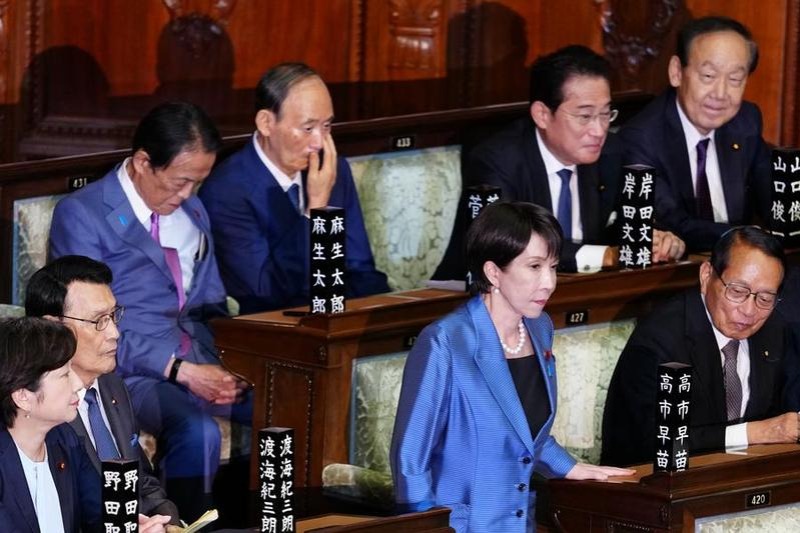Renminbi internationalization on a rising tide


Despite the accelerated internationalization of the renminbi in recent years, its global status still lags behind China's economic prominence. Nevertheless, steady progress has been made in the renminbi's internationalization efforts. Data from the Society for Worldwide Interbank Financial Telecommunication revealed that as of July 2024, the renminbi maintained its position as the fourth most actively used currency worldwide. Additionally, a report from Standard Chartered highlighted that the Standard Chartered Renminbi Global Index had been on a consistent upward trajectory for the fifth consecutive month in July, marking a 17 percent increase since the beginning of the year.
Statistics from the People's Bank of China, the country's central bank, indicate a notable rise in the proportion of cross-border settlements for goods trade conducted in renminbi from January to July of the current year, reaching 27 percent. This figure represents a 2-percentage-point increase compared to the entire year of 2023.
The PBOC has inked bilateral currency swap agreements with central banks and monetary authorities from approximately 30 countries and regions worldwide, spanning the Middle East, South America, Asia and Africa.
In a recent development, Vietnam reached agreements with China aimed at enhancing cooperation in areas such as local currency settlements and currency swaps. Similar agreements have been forged with key neighboring countries, including Indonesia, Laos, Thailand and Cambodia. The Association of Southeast Asian Nations has emerged as China's largest trading partner, with the renminbi assuming a pivotal role as a settlement currency for their trade and investment activities.
The popularity of panda bonds has also surged since 2023, with issuance volumes in the first half of 2024 surpassing the total for the entire year of 2022, reaching 110 billion yuan ($15.5 billion), marking a 54 percent year-on-year increase. At the recent Beijing Summit and Ninth Ministerial Conference of the Forum on China-Africa Cooperation, China expressed its support for African countries issuing panda bonds in China.
The stability of the renminbi and its integration into global economic networks via supply chains and international trade can bolster global supply chain resilience. China should leverage its strengths in global supply chains and trade networks to synergistically advance the internationalization of the renminbi.


































